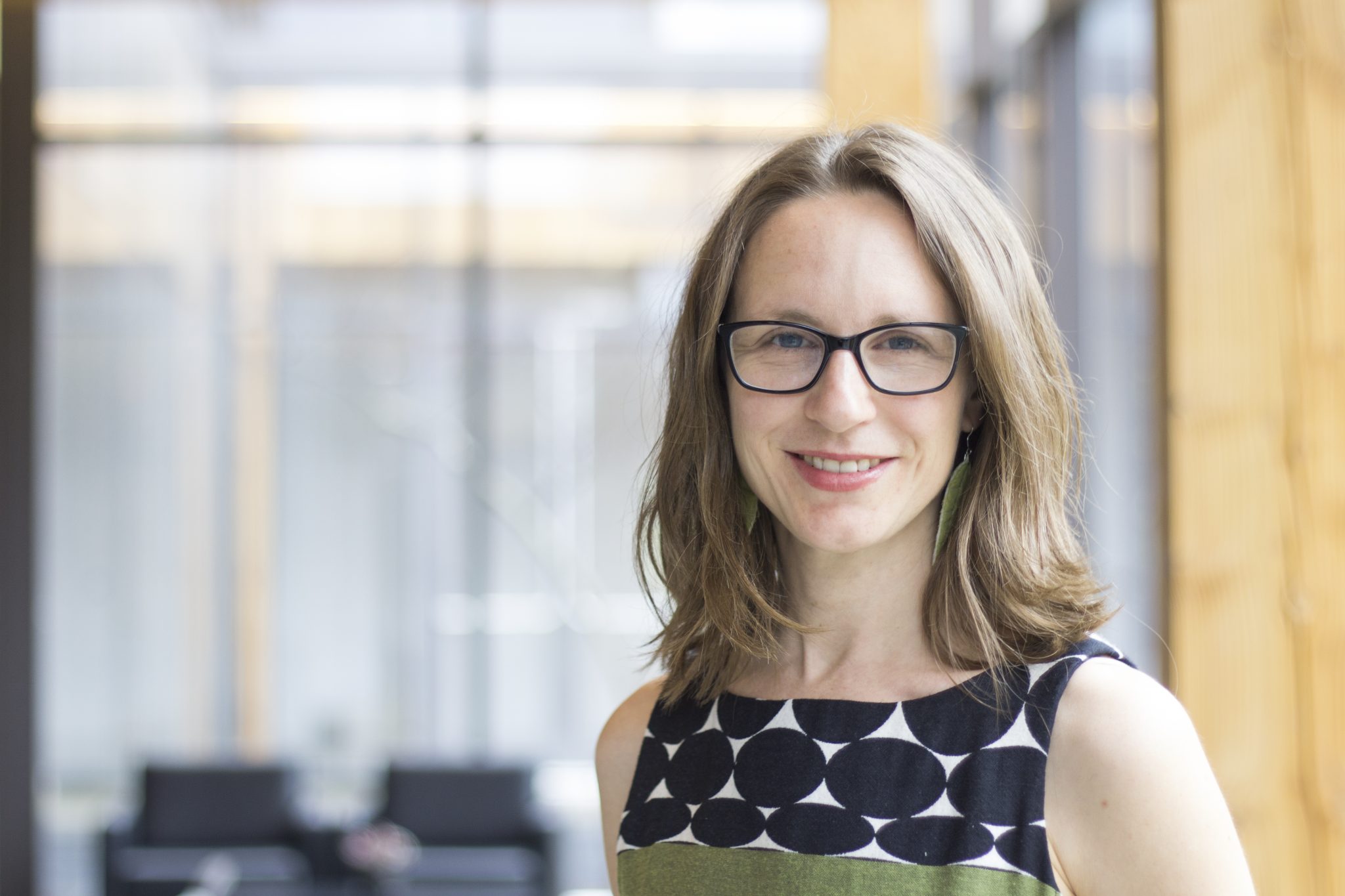Laurier professor advocates for children with autism


On April 13, Wilfrid Laurier University professor Janet McLaughlin will receive an award for the leading women building communities program in Kitchener Waterloo.
Kitchener-Waterloo MPP Catherine Fife announced the winners of the award and it will be presented to McLaughlin among 10 other local women honoured from the KW area.
McLaughlin is a health studies faculty member at Wilfrid Laurier University who has advocated for children with autism and migrant workers.
“What both migrant workers and children with autism have in common for me is it’s about creating a more inclusive society where everyone can reach their potential and have their needs supported regardless of the challenges they face in their lives,” McLaughlin said.
McLaughlin began advocating for children with autism when the provincial government cut funding for children to receive intensive behaviour intervention therapy over the age of five.
“I have a son who was just turning five with autism who was waiting for that therapy so I was kind of directly impacted by that decision,” McLaughlin said.
For McLaughlin, advocating for this issue involved organizing rallies, meeting with politicians in Toronto and writing articles in the media to display what change would mean for families affected by this government cut.
“It was really a part of a broad movement, there were other leaders throughout the province doing similar activities and all of us came together as a united front in partnership [to advocate],” McLaughlin said.
The health clinics for migrant workers now run throughout the summer and are at a more accessible location and time for migrant works to attend when needed. Clinics also have translators as many workers don’t speak English, which posed a large barrier prior.
With the efforts of McLaughlin’s work among other organized advocacy groups across the province, the pressure caused the liberals to reverse their decision and reinstate the therapy for children over the age of five.
“I spent a lot of time outside of the academic world meeting with policy makers and service providers, writing reports and meeting with the government to try to make my research relevant in the real world,” McLaughlin said.
“I spent a lot of time trying to take what I’ve learned and make change or influence people who can make change.”
McLaughlin’s long-term research has focused on migrant workers since the completion of her PhD.
McLaughlin has been researching and advocating for migrant worker health and human rights issues since beginning her research in this area.
One of the major outcomes of McLaughlin’s work was the creation of migrant worker health clinics.
“I noticed [migrant workers] had a lot of barriers accessing health care, we started giving presentations to policy makers and service providers with our recommendation for how this could be improved and … a result of that advocacy was [the creation] of some migrant worker health clinics,” McLaughlin said.
The health clinics for migrant workers now run throughout the summer and are at a more accessible location and time for migrant works to attend when needed. Clinics also have translators as many workers don’t speak English, which posed a large barrier prior.
“They overcome barriers that our research identified,” McLaughlin said.
“For me, it’s a real privilege to be able to have a career that enables me to spend my days researching what I’m passionate about and it’s all the more rewarding if research can actually be used to make a change in the world for the better.”

